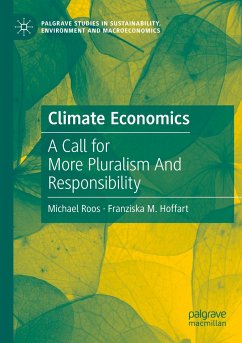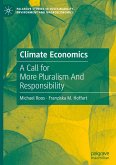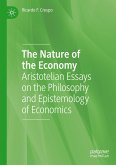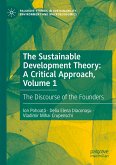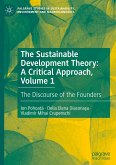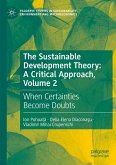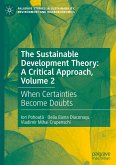This book is a philosophical critique of the economics of climate change from both an ethical and philosophy of economics perspective. Mitigating climate change is not so much a scientific problem, but rather a political, social and above all an economic problem. A future without greenhouse gas emissions requires a radical transformation towards a sustainable low-carbon economy and society. How this transformation could be achieved raises numerous economic questions. Many of these questions remain untouched, although economists are equipped with a suitable toolkit and expertise.
This book argues that economists have a social responsibility to carry out more research on how global warming could be stopped and that, ultimately, economic analysis of climate change must be a political economic approach that treats the economy as part of a wider social system. This approach will be of interest to policy makers, educators, students and researchers in support of more pluralism in economic research and teaching.
This book argues that economists have a social responsibility to carry out more research on how global warming could be stopped and that, ultimately, economic analysis of climate change must be a political economic approach that treats the economy as part of a wider social system. This approach will be of interest to policy makers, educators, students and researchers in support of more pluralism in economic research and teaching.

